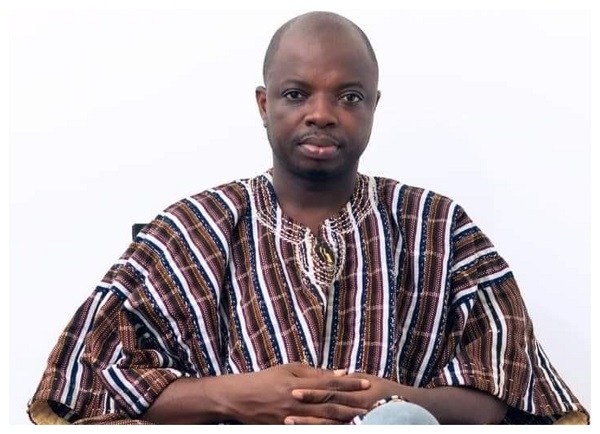- NPP Bono Regional Chairman Kwame Baffoe, aka Abronye, was arrested on September 8, 2025.
- He was charged with offensive conduct conducive to breach of peace.
- The Accra Circuit Court denied him bail and remanded him into police custody.
- His arrest is reportedly linked to a video criticizing IGP Christian Tetteh Yohuno.
- During interrogation, police played the video as evidence.
- Abronye has applied for asylum in multiple countries, citing political persecution.
- His case draws parallels to Mohammed Ibrahim, who was jailed in 2024 for similar offenses.
- Ibrahim was convicted of false news, threats, and offensive conduct.
- Abronye is expected to reappear in court on September 12, 2025.
- The case has sparked debate over free speech, political expression, and state power.
Kwame Baffoe, popularly known as Abronye, has been remanded into police custody following his arrest for offensive conduct deemed likely to disturb public peace. The Bono Regional Chairman of the New Patriotic Party (NPP) was taken into custody on September 8, 2025, and arraigned before an Accra Circuit Court the next day. His bail request was denied, with the court citing national security concerns and the need for further investigation.
The arrest is reportedly linked to a video in which Abronye criticized Inspector General of Police Christian Tetteh Yohuno. According to party sources, the video was played during his interrogation and allegedly formed the basis of the charges. While the police have not publicly detailed the specific conduct, the timing and context suggest a direct connection to his remarks about the IGP.
Abronye’s legal team argued that he voluntarily honored the police invitation and posed no flight risk. However, prosecutors pointed to his recent asylum applications in multiple countries as evidence of potential evasion. The court sided with the prosecution and ordered his continued detention until his next appearance on September 12.
The case echoes the 2024 conviction of Mohammed Ibrahim, a farmer who was sentenced to four years in prison for publishing false news and threatening violence against state officials. Ibrahim, who claimed to lead a revolutionary group, was found guilty of making inciteful statements about the police and interior ministry ahead of the general elections. His prosecution set a precedent for how Ghana’s courts handle politically charged speech.
As Abronye’s case unfolds, it is shaping up to be a flashpoint in Ghana’s political landscape — one that could test the boundaries between free expression, party loyalty, and state authority. With tensions rising and legal arguments mounting, the outcome may carry implications far beyond the courtroom.

